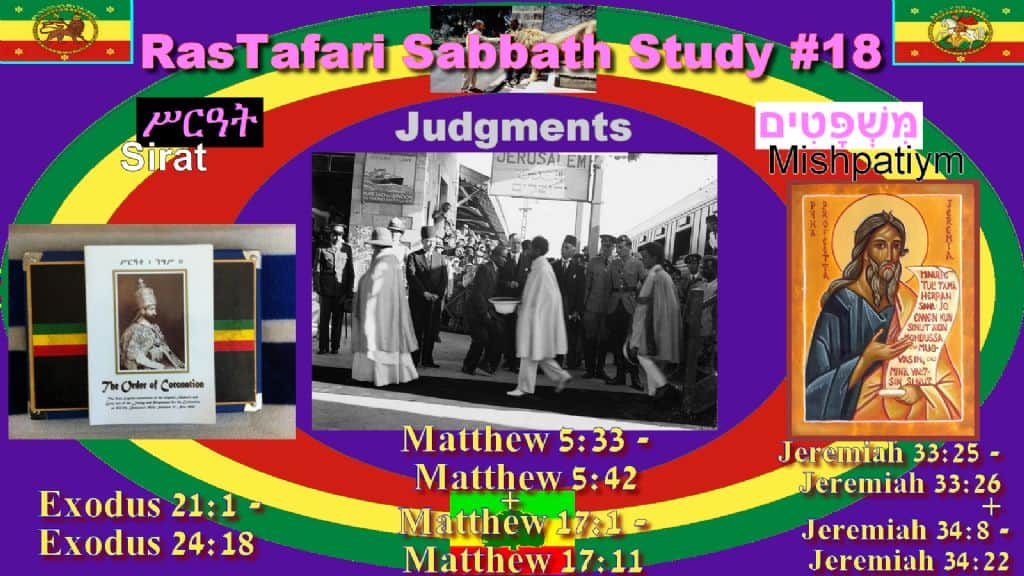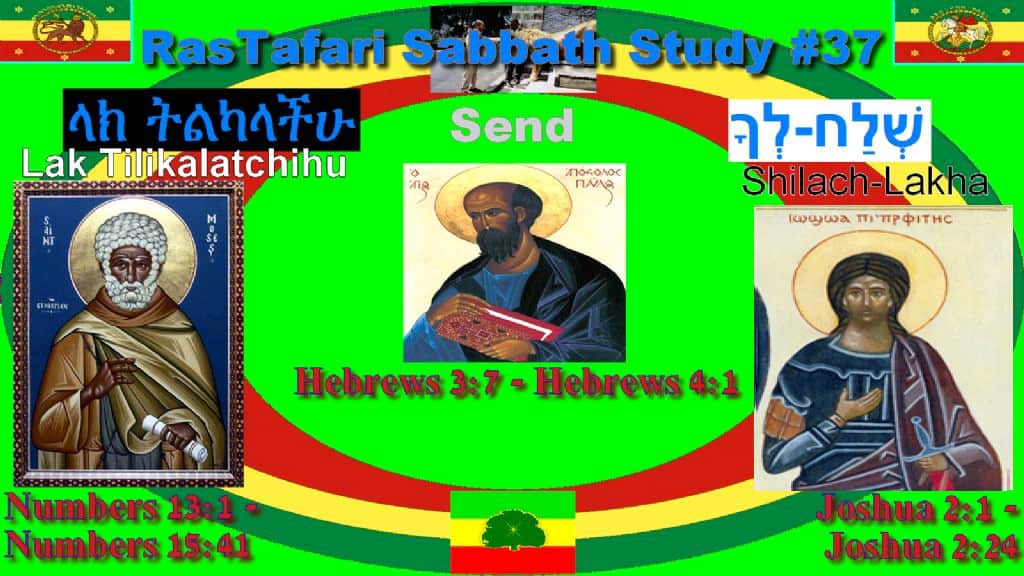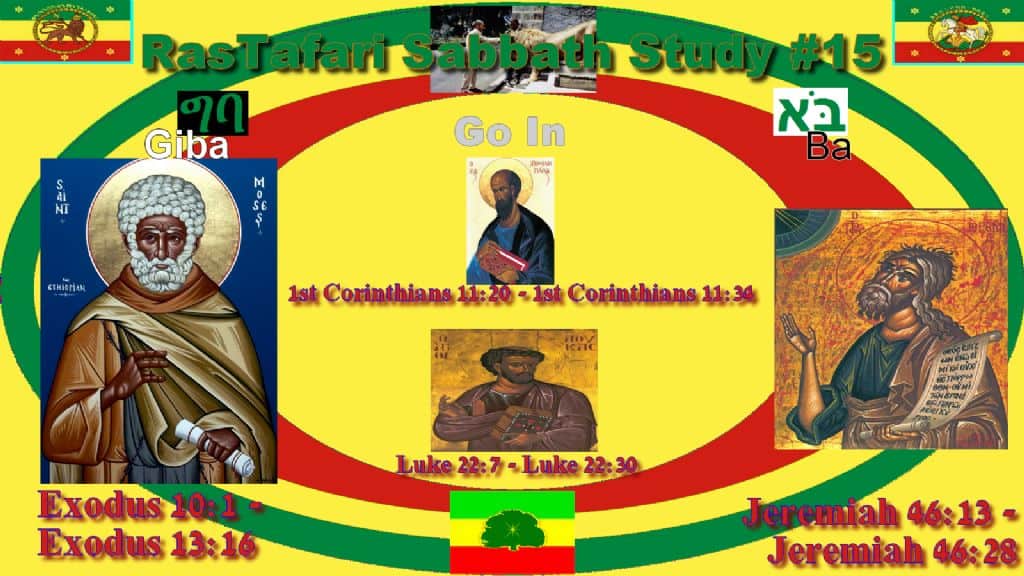Passover Week Readings
Pesach | פסח | "Passover" ፋሲካ | Fasika [Faseeka]
*For a PDF version of All the Torah Portions Schedule, click here to download!
Messiah our Passover Lamb...
The Torah Reading cycle is suspended for the holiday week of Unleavened Bread (called "Passover Week" in the Jewish tradition), with each day of the week (from Nisan 15 through Nisan 22) assigned additional readings from the Torah and Haftarah.
Because the Jewish calendar is solar-lunar, the dates for each day's readings are not fixed, but vary from year to year. This means that the intermediate days of Passover, called chol hamo'ed (CH"M) will vary from year to year. Remember the day begins at sunset. To ensure the accuracy of a particular day's readings, always check a good Jewish holiday calendar.
Passover Week Torah Readings
|
Day |
Torah | Haftarah | Brit Chadashah |
| Erev Pesach / Night 1 (14 Nisan - Wed April 4) Eve / Night of Passover |
We read the haggadah during the Seder... | ||
| Pesach day 1 (15 Nisan - Thurs April 5) First day of Passover |
Exod. 12:21-51 Num. 28:16-25 |
Josh. 5:2-6:1 | Luke 22:7-20; John 1:29-31; 1 Cor. 15:20-28 |
| Pesach 2 (Omer) (16 Nisan - Fri April 6) Second day of Passover |
Lev. 22:26-23:44 Num. 28:16-25 |
2 Ki. 23:1-9; 21-25 Omer Count Begins |
Rev. 15:1-4 |
| Pesach 3 (CH"M 1) (17 Nisan - Sat April 7) Resurrection Day |
Exod. 13:1-16, Num. 28:19-25 |
1 Cor. 15:20-23 Resurrection of Yeshua |
|
| Pesach 4 (CH'M 2) (18 Nisan - Sun April 8) |
Exod. 22:24-23:19, Num. 28:19-25 | ||
| Pesach 5 (CH'M 3) (19 Nisan - Mon April 9) |
Exod. 34:1-34:26 Num. 28:19-25 |
||
| Pesach 6 (CH'M 4) (20 Nisan - Tues April 10) |
Num. 9:1-14; Num. 28:19-25 |
||
| Pesach 7 (Shabbat) (21 Nisan - Wed April 11) |
Exod. 13:17-15:26; Num. 28:19-25 |
Ezek. 37:1-14 Song of Songs (K) |
Rev. 15:1-4 |
| Pesach 8 (22 Nisan - Thurs April 12) Diaspora only |
Deut. 15:19-16:17 Num. 28:19-25 |
Isa. 10:32-12:6 | |
Note: Chol Hamo'ed (CH"M) are "intermediate days" of Passover, i.e., the days sandwiched between the two beginning and two ending days of the festival. (In Israel, Passover is seven days long with the middle five days regarded as Chol Hamo'ed.)
The Song of Solomon is customarily read during the morning service of the Sabbath of Passover, or during morning service on the Seventh Day of Passover...
Note: The 49-day plus one Omer (Sheaf of Wheat) Count traditionally is said by some other Jews to begin on the day after the Passover (i.e., Nisan 16). This is incorrect. It begins according to Torah on the "morrow after the (Weekly) Sabbath" (Lev. 23:11), which is the "first day of the week" or Sunday. NOTE: The Gregorian year 2023 is actually 2015 E.C. Ethiopian/Early Church Calendar. Therefore, this year's ትንሣኤ Tinsa'ei/Firstfruits aka First Day 1st Resurrection (according to the Western Roman Church and her Protestant Daughters) is April 9th 2023 AD date! (Note - ዳግም ትንሣኤ Dagim Tinsa'Ey AKA The 2nd Resurrection Sunday this year is April 9, 2023 according to Ethiopia Kingdom of God EKOG)
While the First Day Resurrection according to the Eastern Church and the EOTC is Sunday April 16th, 2023. This means, for us - the Royal Order of the Ethiopian-Hebrews, the holiday of Shavuot ("Feast of Weeks/ Pentecost") will be on Sunday, May 28,2023, at evening this year. For we the Black Jews of the Lion of the Tribe of Judah, the Holy Day of Shabuot is also known to us as "Feast of the Holy Spirit" - similar to the Ethiopian Orthodoxy of the True Church (Rev. 3:7-8) of the Conquering Lion of the Tribe of Judah (Rev. 5:5), His Imperial Majesty, Qedamawi Haile Selassie, Elect of God, King of kings of Ethiopia.
|
Day |
Torah | Haftarah | Brit Chadashah |
| Erev Pesach / Night 1 (15 Nisan - Sat Mar 27) Night of Passover |
We read the haggadah during the Seder... | ||
| Pesach day 1 (15 Nisan - Sun Mar 28) First day of Passover |
Exod. 12:21-51 Num. 28:16-25 |
Josh. 5:2-6:1 | Luke 22:7-20; John 1:29-31; 1 Cor. 15:20-28 |
| Pesach 2 (Omer) (16 Nisan - Mon Mar 29) Second day of Passover |
Lev. 22:26-23:44 Num. 28:16-25 |
2 Ki. 23:1-9; 21-25 Omer Count Begins |
Rev. 15:1-4 |
| Pesach 3 (CH"M 1) (17 Nisan - Tue Mar 30) Resurrection Day |
Exod. 13:1-16, Num. 28:19-25 |
1 Cor. 15:20-23 Resurrection of Yeshua |
|
| Pesach 4 (CH'M 2) (18 Nisan - Wed Mar 31) |
Exod. 22:24-23:19, Num. 28:19-25 | ||
| Pesach 5 (CH'M 3) (19 Nisan - Thu Apr 1) |
Exod. 34:1-34:26 Num. 28:19-25 |
||
| Pesach 6 (CH'M 4) (20 Nisan - Fri Apr 2) |
Num. 9:1-14; Num. 28:19-25 |
||
| Pesach 7 (Shabbat) (21 Nisan - Sat Apr 3) |
Exod. 13:17-15:26; Num. 28:19-25 |
Ezek. 37:1-14 Song of Songs (K) |
Rev. 15:1-4 |
| Pesach 8 (22 Nisan - Sun Apr 4) Diaspora only |
Deut. 15:19-16:17 Num. 28:19-25 |
Isa. 10:32-12:6 | |
Day 1 Reading
In Exodus 12:21-51, Moses instructs the elders of Israel in the laws of Pesach. All generations to come are to observe the Passover traditions. In addition, the children of succeeding generations are to be instructed at Passover as to the origin and significance of the festival.
The Haftarah is taken from the Book of Joshua (Joshua 5:2-6:1, 6:27) and describes the historic Passover that the Israelites observed at Gilgal after they had crossed the Jordan River. It was the first celebration of Passover in the Holy Land. (In the Reform tradition Isaiah 43:1-15 is the prophetic reading for the first day of Passover.)
Day 2 Reading
In Leviticus 22:26-23:44, Moses instructs the Israelites in the observance of the Sabbath and festivals, including Passover, Shavu'ot, Rosh Hashanah, Yom Kippur, and Sukkot. The maftir (additional) reading from Numbers concerns the Passover sacrifices at the Tabernacle.
The Haftarah for the second day of Passover (2 Kings 23:1-9, 21-25) regards great Passover celebrated after the good King Josiah initiated reformation among apostate Judah.
Day 3 Reading
In Exodus 13:1-16 Moses calls for the Sanctification/Setting-Apart (and redemption of) The Firstborn of the Hebrew Womb (aka MatriX) and instructs The Israelites regarding the Feast of Unleavened Bread.
The resurrection of the Mashiach Yeshua corresponds to Reishit Katzir (first fruits) and the tenufah (wave offering) that marked the countdown to Shavu'ot (the day the Ruach HaKodesh that was given to the Early Church).
Nisan 14 - Yeshua crucified, buried
Nisan 15 - Yeshua in the tomb
Nisan 16 - Yeshua in the tomb
Nisan 17 - Yeshua resurrected? (still in Tomb)
Nisan 18 - Yeshua NOW Risen!
Ha-Adon Yeshua rose from the dead on the 1st day of the week, after being in the tomb three days and three nights. The disciples then encountered the risen Adon (Lord) on Nisan 18, a "First Day" or early Sunday morning (Matt 28:1-10). Briefly, He was crucified on Nisan 14 and resurrected on Nisan 18. In short, the corresponding Gregorian dates for these dates vary from year to year; cf. EOTC, i.e. the Moveable Feasts.
Day 4 Reading
In Exodus 22:24-23:19 various laws are given, including the laws regarding shelosh regalim (the three pilgrimage festivals), beginning with Passover/Unleavened bread.
Day 5 Reading
The fifth day's reading has to do with Moses' intercession for Israel and God's response (as given in the Shelosh Esrei Middot - the 13 attributes of God's mercy). The LORD then renewed the Sinai covenant after Israel's sin of the Golden Calf. The Maftir (from Numbers) details the specific offerings to be made at the mishkan during Passover.
The Haftarah from Ezekiel speaks of the famous "dry bones" vision - a picture of Israel's future restoration after the Mashiach returns to establish the millennia kingdom.
It also customary to read the Song of Songs (Shir HaShirim) on the Intermediate Sabbath of Passover. Rabbinic tradition interprets the book as a love song where the "beloved" is taken to mean God and "the bride" is Israel (though the picture of Yeshua and His bride, the Church, is also a fitting analogy, especially because the Beloved Son comes disguised to woo and win his bride).
Day 6 Reading
The sixth day's reading has to do with the first anniversary of the original Passover in Egypt. Moses repeated God's law that Passover was to be observed at its appointed time every year by every Jew. A second chance for observing Passover (Pesach Sheni) was given to accommodate those who are ritually unclean for the seder. This second day would be one month later, on Iyyar 14.
Day 7 Reading
The Torah reading (Exodus 13:17-15:26) describes Israel's experiences following the Exodus. Pharaoh mobilized the Egyptian army and began his pursuit of the fleeing Israelites. When the Israelites reached the Red Sea, Moses raised his rod, the waters split apart, and the Israelites were miraculously saved. When the Egyptians reached the water, they became bogged down, sank to the bottom, and drowned. Moses and the Israelites sang a magnificent song of thanksgiving (the Song of Moses).
In the Haftarah, King David composes a song of thanks to God for all of his victories over his enemies. The Haftarah concludes with this sentence, which is also included at the conclusion of the grace after meals, "A tower of salvation of His king, who shows mercy to His anointed, to David and to his Seed forever" (2 Samuel 22:51).
Day 8 Reading
The Torah reading for the eighth day of Passover (Deuteronomy 15:19-16:17) deals with a variety of laws, including those related to tithes, the year of release (Yovel), the release of slaves, and further description of Shelosh regalim, the three pilgrimage festivals.
The Haftarah (Isaiah 10:32-12:6) gives Isaiah's message of hope that the Israelites will be gathered together from lands of exile and return to Israel. Several allusions to the exodus from Egypt are given. It includes a vision of the Millennial Kingdom era when peace and harmony will reign supreme among all people.
About Passover - פסח
Passover (i.e., Pesach) is an eight day holiday that commemorates the liberation of the children of Israel from slavery in Egypt by the outstretched arm of the LORD and the blood of the Lamb of God some 3,000 years ago. Since the events of the Exodus led directly to the covenant given at Sinai (and the revelation of the altar), Passover also memorializes the emergence of the nation of Israel in history.
The Passover Seder remembers the fateful night when the faithful were protected from the plague of death by the blood of the lamb - foreshadowing the great sacrifice of Yeshua the Messiah as Seh HaElohim - the "Lamb of God who takes away the sins of the world" (John 1:29). Before his crucifixion, Yeshua used the symbolism and imagery of the Passover Seder to foretell of the New Covenant given in his broken body and shed blood (Matt. 26:26-28). His followers are expected to purge out the "the old leaven" and to keep the feast, understanding how He is the embodiment of this sacred holiday (see 1 Cor. 5:7).
Note: Passover begins on Friday, March 30th this year, with the seder beginning approximately 18 minutes before sundown. With only a week before Passover, time is running out to begin preparing for your seder! To help you get started, I have created a free Seder Guide you can download here. Let's keep the feast, chaverim! (1 Cor. 5:7-8).

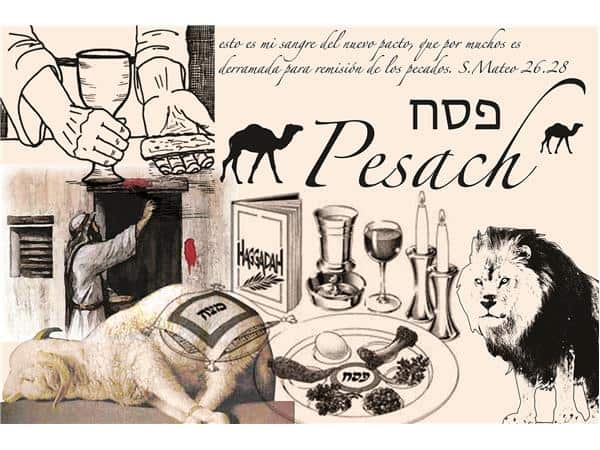
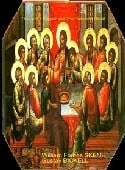
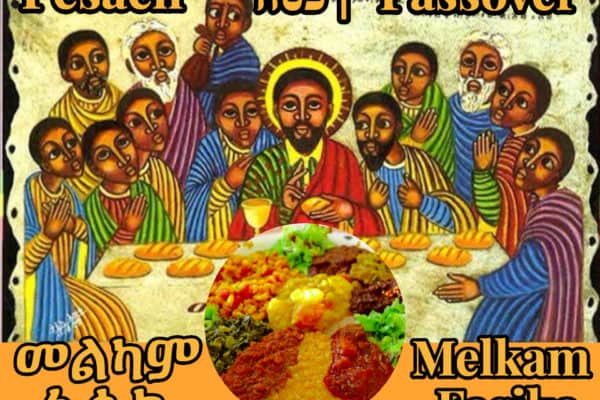
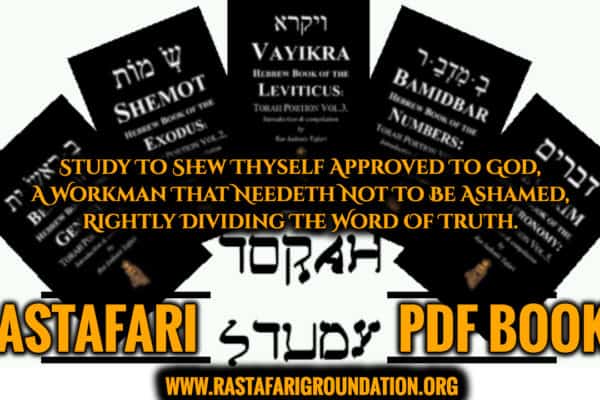
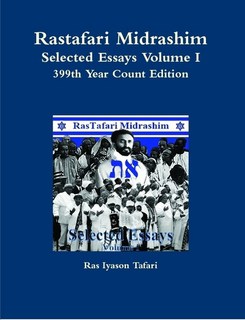
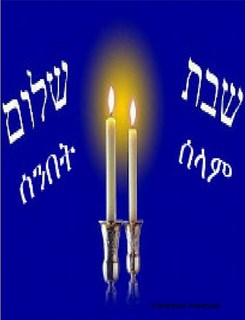
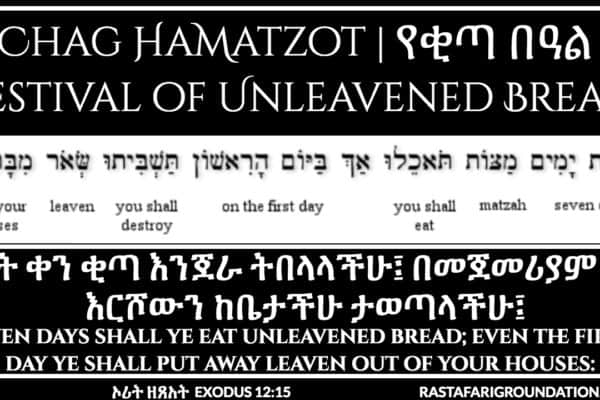
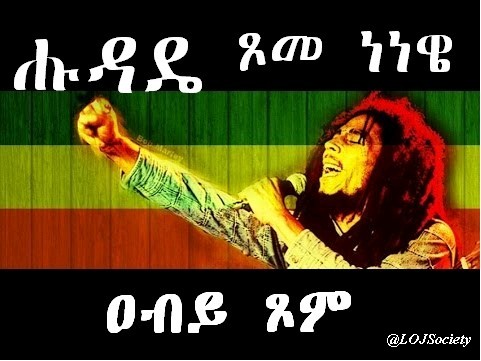
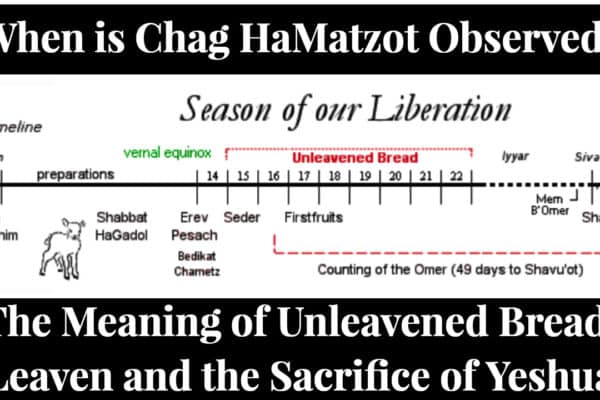
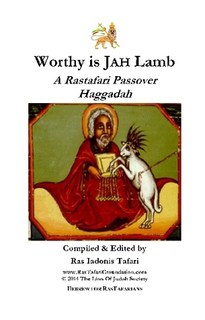

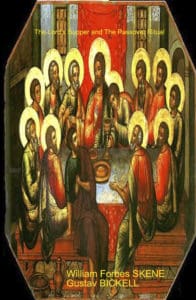
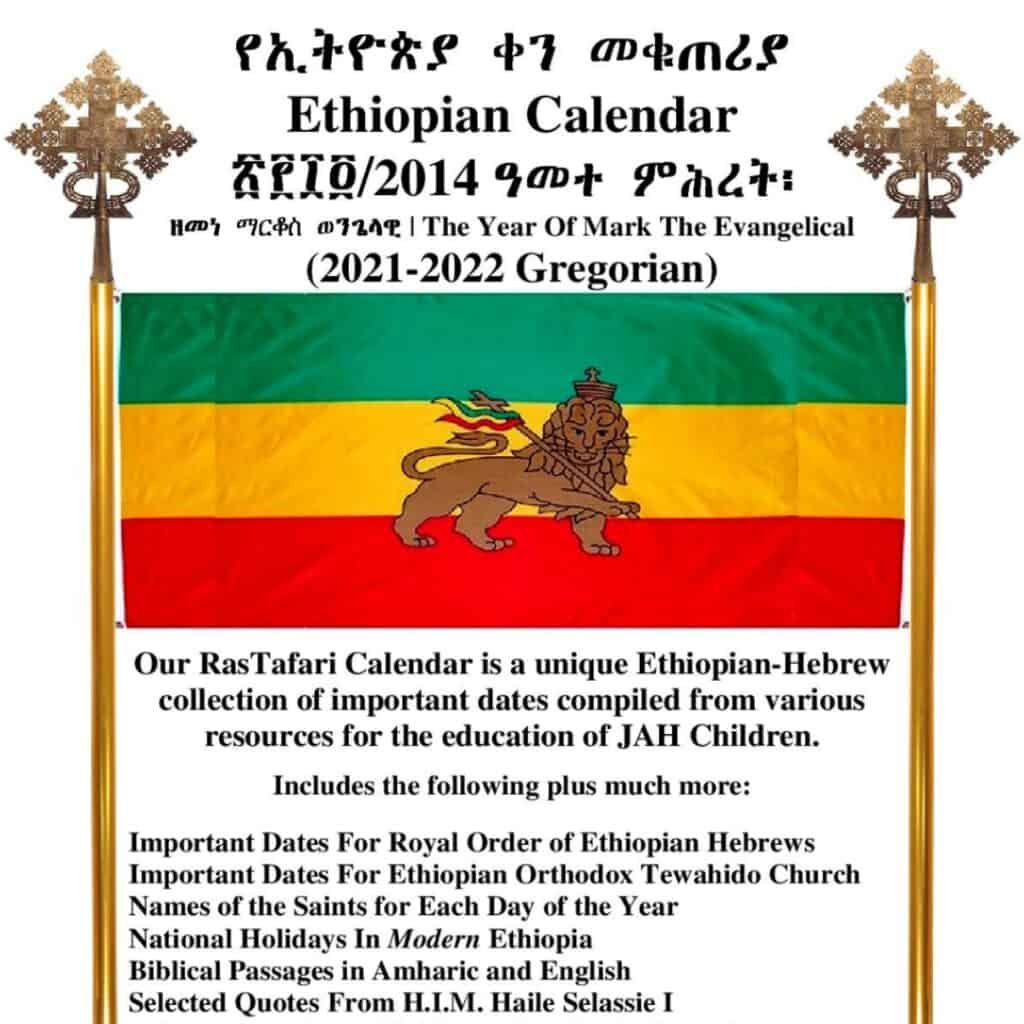
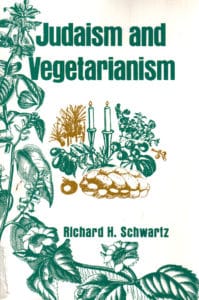
![መaPesach | פסח | "Passover" ፋሲካ | Fasika [Faseeka] (Melkam Fasika)ልካም ፋሲካ Pesach | פסח | "Passover" ፋሲካ | Fasika [Faseeka] (Melkam Fasika)](https://rastafarigroundation.org/wp-content/uploads/2017/04/መልካም-ፋሲካ.jpg)
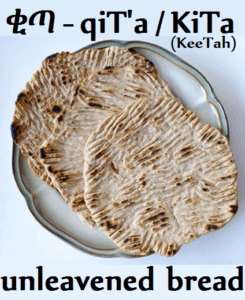
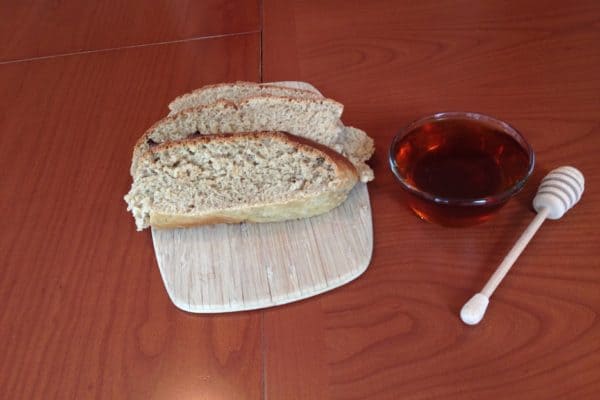
![Pesach | פסח | "Passover" ፋሲካ | Fasika [Faseeka] (Melkam Fasika) Pesach | פסח | "Passover" ፋሲካ | Fasika [Faseeka] (Melkam Fasika)](https://rastafarigroundation.org/wp-content/uploads/2017/04/Melkam-Fasika-.jpg)

